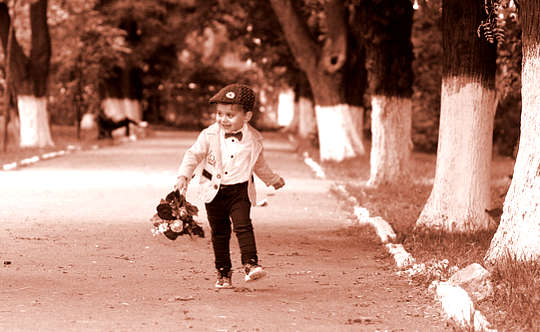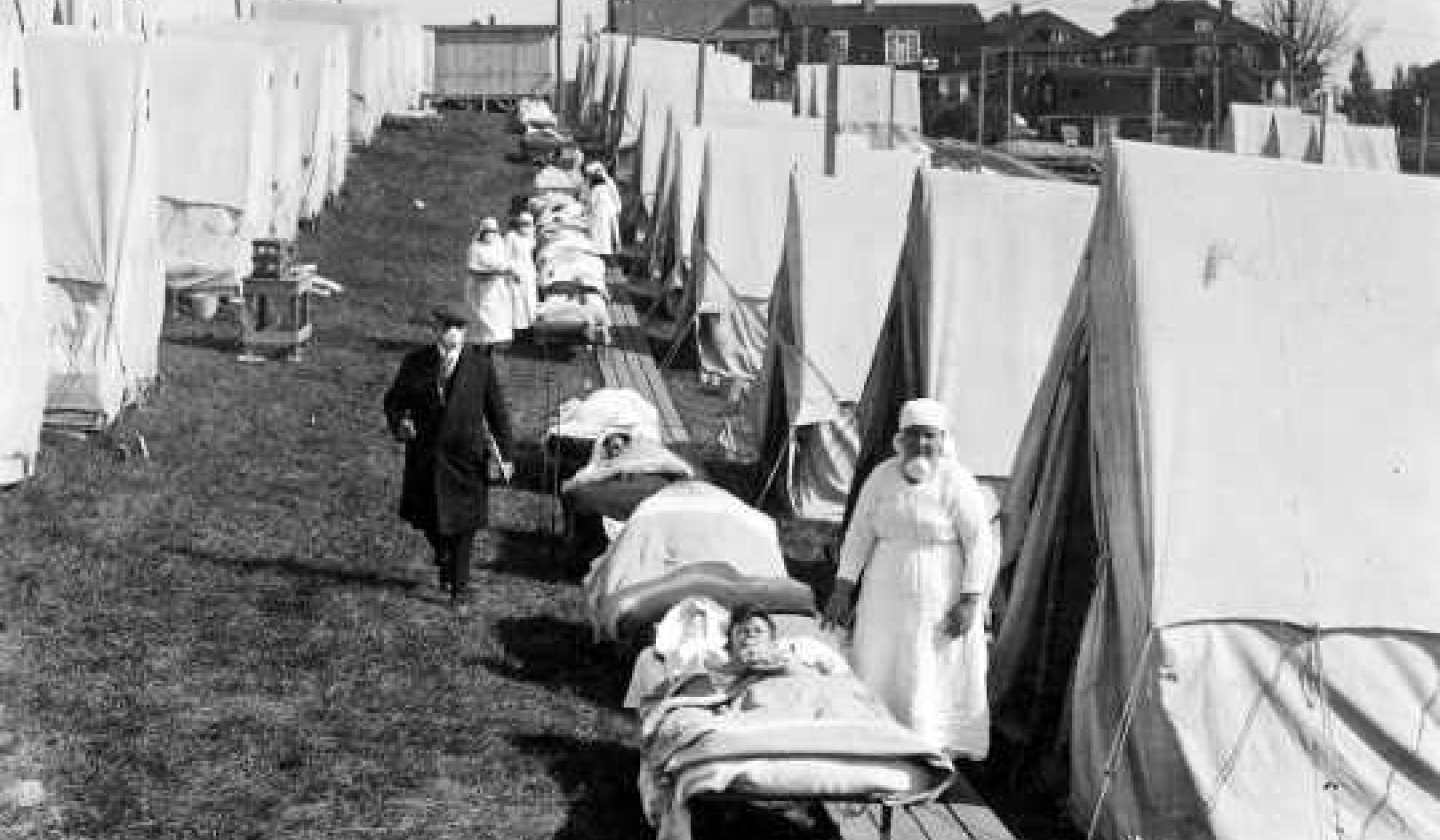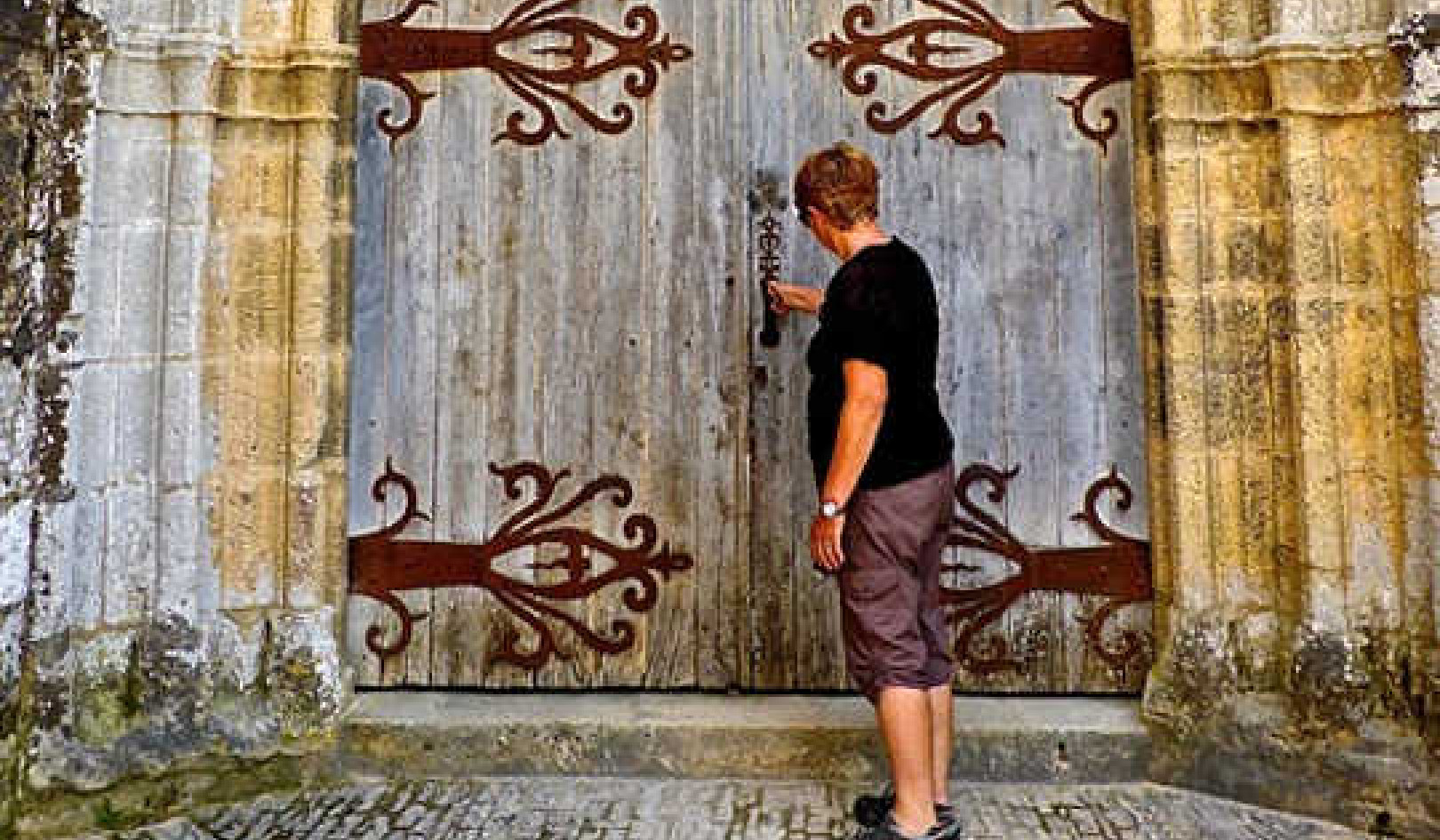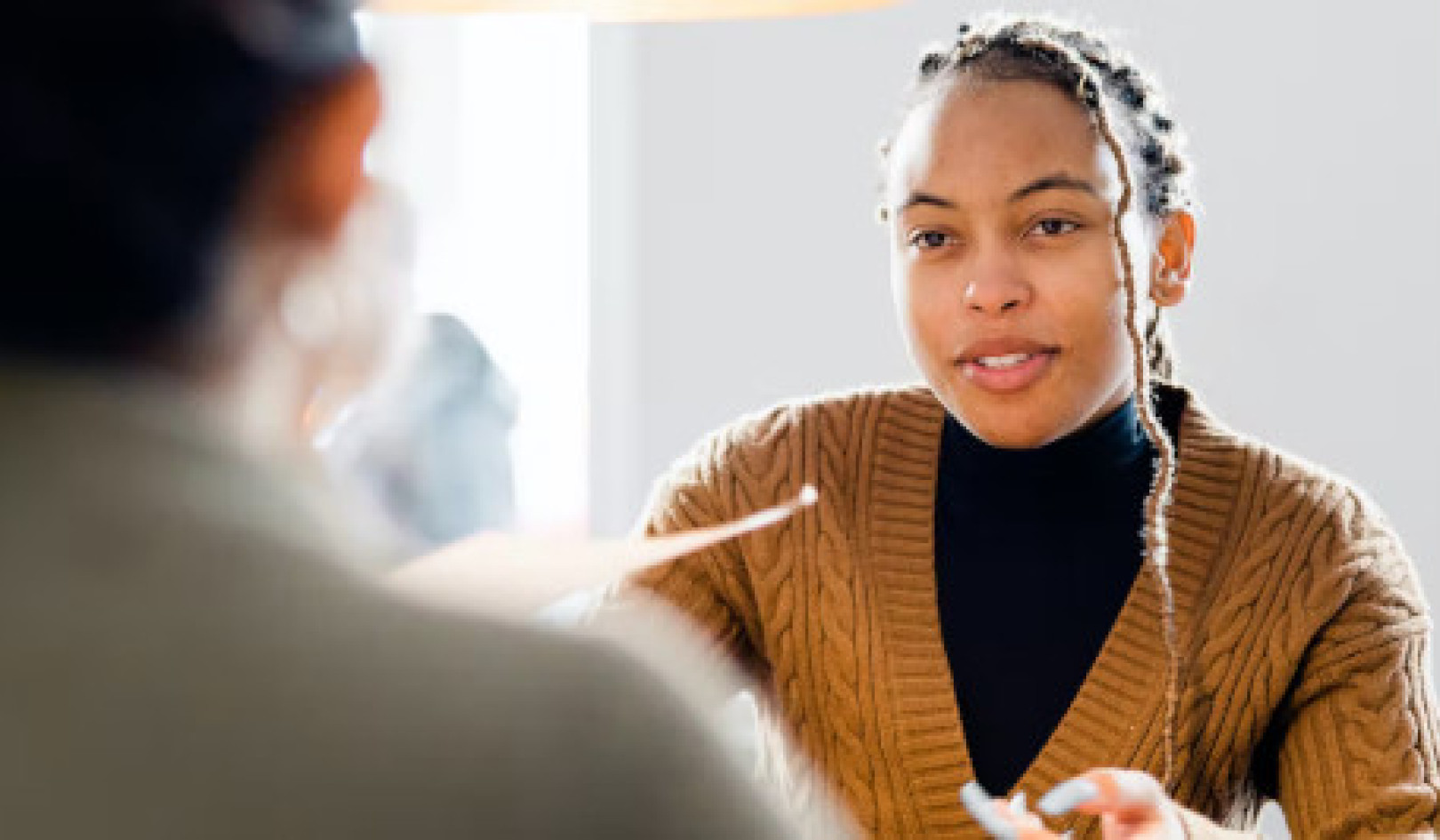
By age thirty or so, I had decided that my development as an adult human being was more or less complete. I wasn’t satisfied with who I was and certainly not with what I had achieved, but I was reasonably certain that my fundamental beliefs and attitudes were set for life. The attempt to appear certain may lead to the most damaging sacrifice we can make on the altar of adulthood: forgetting how to learn.
We think it is natural that our capacity to learn decreases over time, and that the refinement of our senses and intellect requires a narrowing of interests. But we can see from watching infants that they are learning about everything all at once and all the time. It often appears to me that we take this great inborn learning capacity and gradually convert much of it to a prejudiced certainty about the world: that is, we largely stop learning because we think we know it all.
The Confidence of Innocence
What we lose thereby is what the Indian philosopher Jiddu Krishnamurti, in Think on These Things, called the confidence of innocence, “the confidence of a child who is so completely innocent he will try anything.” Krishnamurti clearly distinguished this inborn attitude from self-confidence.
He maintained that the development of self-confidence — an attitude highly valued in Western society — actually serves to keep our beliefs and behavior within the confines of societal expectations and seriously blunts our true potential. It is “innocent confidence that will bring about a new civilization,” Krishnamurti suggested, “but this innocent confidence cannot come into being as long as you remain within the societal pattern.”
I was both angered and awed by Krishnamurti for most of the years of my passage into adulthood. He reminded me that I had once observed and learned about the world in a much faster, more inclusive and insightful manner. And he reminded me that it was the child in me — not the increasingly confused young adult — who knew how to do this. I was angry because I could see no way out of losing my innocence.
Loss of Innocence
 As a child who often received warnings from my parents and teachers about being too idealistic, I was very frustrated during my high school years about the discrepancy between what I felt to be true learning and the education I was receiving. Even if I could not have articulated it at the time, I felt that the process of instinctive, innocent learning was the meaning of life. Thus, making sense of the world was a matter of continual discovery, not reaching a final conclusion.
As a child who often received warnings from my parents and teachers about being too idealistic, I was very frustrated during my high school years about the discrepancy between what I felt to be true learning and the education I was receiving. Even if I could not have articulated it at the time, I felt that the process of instinctive, innocent learning was the meaning of life. Thus, making sense of the world was a matter of continual discovery, not reaching a final conclusion.
I felt increasing pressure to accept the “real world” of twentieth-century capitalist America: that world of “making a living” which, for all but a lucky few, clearly entailed boredom and no small degree of servitude for the sake of survival.
Accepting The “Real World”
Thus I gradually came to accept that the real world was inherently confused, conflictive, and dangerous. It seemed that the most you could do in life was to look out for yourself, your friends and family, and to demonstrate a wider compassion or political concern when you could spare the time.
The child’s magical world of learning — where you looked around to see what you could find — had painfully and inexorably become the adult world of survival, where you usually had to be looking out for number one.
A Miraculous Shock
The first undeniable miracle of my adult life was becoming seriously ill in my early thirties. I was stopped dead in my tracks from pursuing a life that was not only unsatisfying, but deeply contaminated by a sad certainty that there was no way out.
I desperately searched for medical fixes that yielded no results. When it began to dawn on me that my state of mind was possibly related to the collapse of my health, I decided to try psychotherapy and shortly thereafter discovered A Course in Miracles.
At that point, a completely unexpected process took over: I began to learn again, with the kind of eagerness and open-mindedness that I had not experienced since I was a child.
The topics I found myself investigating included everything from the etiology and treatment of autoimmune disorders, to alternative spiritual perspectives. Not everything I looked into was useful, but on reflection I can see that I had regained some of “the confidence of a child who is so completely innocent he will try anything,” as Krishnamurti put it.
Reprinted with permission of the publisher, Jeremy P. Tarcher/Penguin,
a member of Penguin Group (USA). ©2011. www.us.PenguinGroup.com.
Article Source
Living with Miracles: A Common-Sense Guide to A Course In Miracles
by D. Patrick Miller.
 Living with Miracles is designed to make even the novice comfortable when approaching ACIM (A Course in Miracles). The author leads the reader through the most common emotions, reactions, and questions that arise when studying ACIM; provides insights and tips about pacing yourself, as well as when and how to take breaks from study; and gives advice on working through early misconceptions and difficult later stages. He also provides useful, absorbing historical material, stories from practitioners around the world who reflect honestly on their experiences, and a resources section with ideas for those looking to continue their study of this remarkable spiritual teaching.
Living with Miracles is designed to make even the novice comfortable when approaching ACIM (A Course in Miracles). The author leads the reader through the most common emotions, reactions, and questions that arise when studying ACIM; provides insights and tips about pacing yourself, as well as when and how to take breaks from study; and gives advice on working through early misconceptions and difficult later stages. He also provides useful, absorbing historical material, stories from practitioners around the world who reflect honestly on their experiences, and a resources section with ideas for those looking to continue their study of this remarkable spiritual teaching.
Click here for more info and/or to order this book:
https://www.amazon.com/exec/obidos/ASIN/1585428795/innerselfcom
About the Author
 D. Patrick Miller is the author of Understanding a Course in Miracles and The Way of Forgiveness. He is the leading historical chronicler of A Course in Miracles (ACIM) and a highly respected authority on its teachings. As a collaborator, ghostwriter, or principal editor, Patrick has helped other authors prepare manuscripts for such publishers as Viking, Doubleday, Warner, Crown, Simon & Schuster, Jeremy P. Tarcher, Hay House, Hampton Roads, and John Wiley & Sons. His poetry has been published in a number of magazines and several anthologies. He is the founder of Fearless Books.
D. Patrick Miller is the author of Understanding a Course in Miracles and The Way of Forgiveness. He is the leading historical chronicler of A Course in Miracles (ACIM) and a highly respected authority on its teachings. As a collaborator, ghostwriter, or principal editor, Patrick has helped other authors prepare manuscripts for such publishers as Viking, Doubleday, Warner, Crown, Simon & Schuster, Jeremy P. Tarcher, Hay House, Hampton Roads, and John Wiley & Sons. His poetry has been published in a number of magazines and several anthologies. He is the founder of Fearless Books.
Books by this Author
at InnerSelf Market and Amazon






























